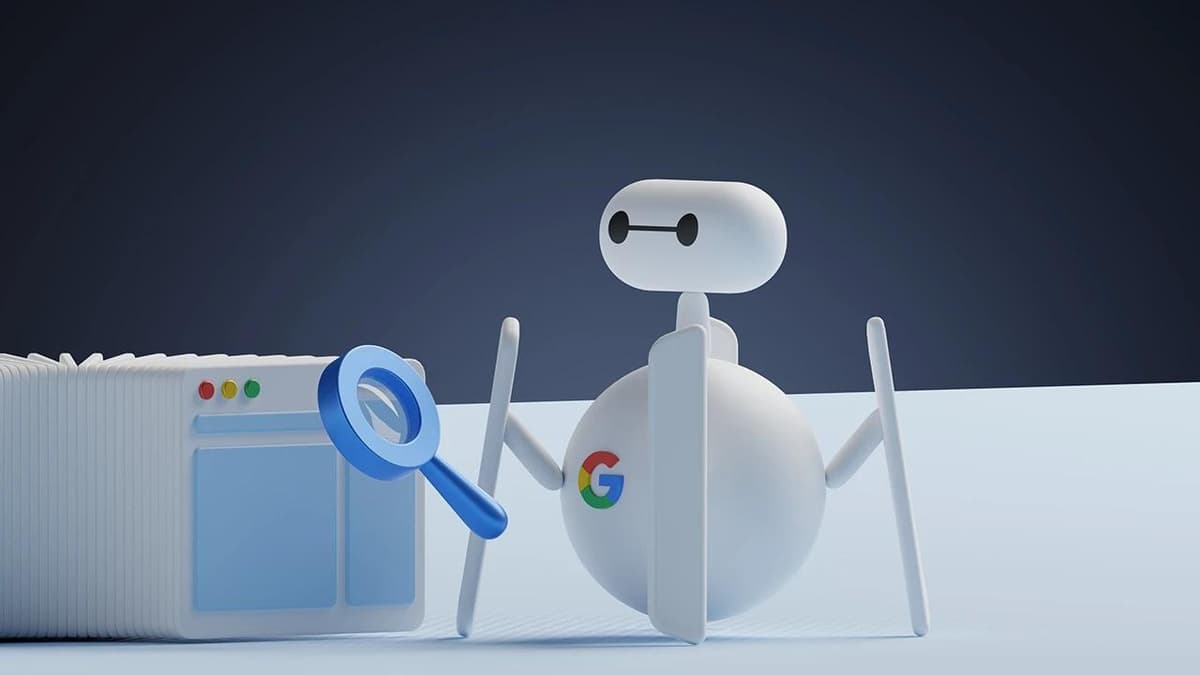5 Best AI Uses for Small Business Success
Running a small business needs careful management of time, money, and work. AI tools can help business owners work smarter and get better results. Here are five practical ways small businesses can use AI to boost their operations and grow.
1. Customer Service with AI Chatbots
AI chatbots serve as 24/7 customer service agents, answering basic questions and helping customers when human staff aren't available. These tools can handle multiple chats at once, cutting wait times and making customers happy. Small businesses can use platforms like MobileMonkey or ManyChat to create chatbots that:
- Answer common questions about products and services
- Help customers track orders
- Book appointments
- Collect customer feedback
- Direct complex issues to human staff
Small business owners report saving 10-15 hours per week on customer service tasks after adding AI chatbots. This gives staff more time to focus on complex customer needs that need a human touch.
2. Smart Marketing Content Creation
Creating fresh content for social media, blogs, and email campaigns takes lots of time. AI writing tools help create marketing content faster while keeping quality high. Tools like Copy.ai and Jasper help with:
- Social media posts and captions
- Email newsletter content
- Blog post drafts
- Product descriptions
- Ad copy
These AI tools learn your brand voice and create content that matches your style. While human editing is still needed, AI cuts content creation time by 50-75%. This means small businesses can post more often and stay active online without spending all day writing.
3. Data Analysis for Better Business Choices
AI makes it easier for small businesses to spot trends and make smart choices based on data. Tools like Obviously AI and PetalMD analyze sales data, customer behavior, and market trends to give useful insights. These tools help:
- Find the best times to run sales
- Spot which products sell best
- Predict busy seasons
- Target marketing to the right customers
- Manage inventory better
Small businesses using AI for data analysis report 15-30% better accuracy in sales forecasts and inventory planning. This means less waste and more profit.
4. Smart Scheduling and Task Management
AI scheduling tools make it easier to manage staff time and business tasks. Apps like Calendar.com and Motion use AI to:
- Schedule meetings without back-and-forth emails
- Assign tasks to the right team members
- Track project progress
- Manage employee shifts
- Set smart reminders
These tools learn from past schedules and tasks to suggest better ways to use time. Business owners report saving 5-10 hours weekly on scheduling and management tasks.
5. Financial Management and Bookkeeping
AI-powered financial tools help small businesses track money better and spot ways to save. Apps like Pilot and Botkeeper use AI for:
- Sorting expenses automatically
- Finding tax deductions
- Making financial reports
- Tracking unpaid bills
- Spotting unusual spending
These tools cut bookkeeping time by 60-80% and catch mistakes human bookkeepers might miss. They also give clear financial insights that help businesses make better money choices.
Getting Started with AI in Your Business
Start small when adding AI to your business. Pick one area where you spend too much time or need better results. Try free versions of AI tools first to see how they fit your needs. Many AI tools offer small business plans with basic features at lower costs.
Good first steps include:
- Setting up a simple chatbot for common customer questions
- Using AI writing tools for social media posts
- Testing AI scheduling tools for meetings
- Trying AI data analysis on your sales numbers
- Setting up basic AI bookkeeping
As you get comfortable with one AI tool, add others that make sense for your business. Keep checking how the tools help - look for time saved and better results.
Most small businesses see good results within 1-3 months of using AI tools well. The key is picking tools that fix real problems in your business and training staff to use them right.
Success with AI comes from using it as a helper, not a replacement for human work. AI tools work best when they handle simple, repeated tasks while humans focus on work that needs creativity and personal connection.












